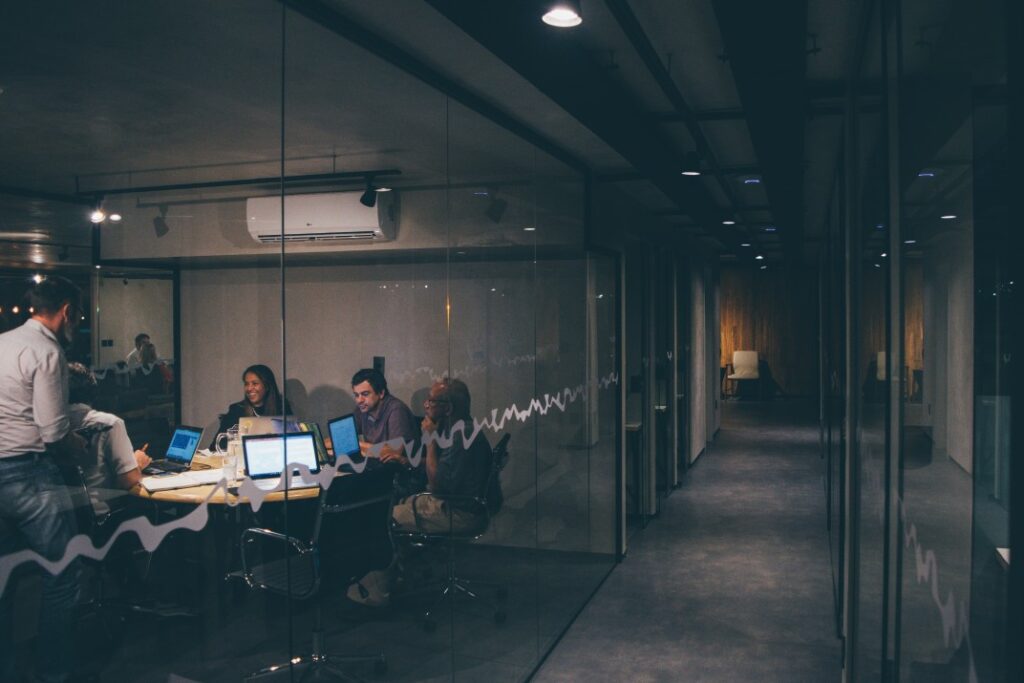The world will return to normal one day, maybe soon, when vaccination rates are high enough and the coronavirus relents. However, anything as large and significant as a global pandemic would change many aspects, including how we function. Knowledge employees, or high-skilled workers whose jobs are done on machines, would definitely see the most improvements, from our physical locations to the technologies we use to the metrics we use to calculate our productivity. As a result, everything from our own personal fulfilment to new technologies to the broader economy and culture as a whole is influenced by how we operate.
If we are careful about how we implement these reforms, we will have the opportunity to remake work as we know it and learn from our past mistakes. Here are a few examples of how office work will never be the same again.
WORKING FROM HOME
Many citizens would continue to operate from home even though the pandemic is no longer pushing us to do so. Working from home has proven to be a win-win situation for both employers and workers. People were productive, and businesses saw a future where they would be less reliant on costly office space. And, in the future, many of the issues that aren’t working — trying to homeschool when working, for example, or feeling like work never ends because you never leave your house — can be resolved when we aren’t in the midst of a global health epidemic that adds more challenges and tension to working from home.
ISSUE OF FLEXIBITY
Staff have been clamoring for more flexibility in their jobs for years in order to fit their personal lives. Working from home would provide them with the opportunity. “A lot of our employees said things like, ‘I’m having more sleep,’ ‘I’m exercising more,’ ‘I’m cooking nutritious food,’ ‘I’m getting to know my neighbors better,’” Ali Rayl, Slack’s VP of customer experience, said. “And that sort of getting back to their lives is very appealing to people.”
On the other hand, all of this flexibility has resulted in a greater sense that work never ends: people are working more hours, attending more meetings, and moaning about still being on. When the boundaries between work and life are blurred, it’s difficult to strike a work-life balance.
ISSUES WITH WORKING FROM HOME
Working from home has its advantages and disadvantages. Although some groups have benefited from working from home, others have found it difficult. To begin with, only a small percentage of jobs allow employees to work from home, and this has been mostly separated by income and education. According to Pew Research Center surveys, people who work in high-skilled occupations that require a bachelor’s degree or higher were more likely to be able to work from home during the pandemic. As a result, people who worked in low-paying jobs were more likely to contract Covid-19 at work. After the pandemic, the division between those who can and can’t work from home will likely continue, producing a “two-tier economy” of who gets to reap work-from-home advantages and who doesn’t, according to Stanford’s Bloom.










